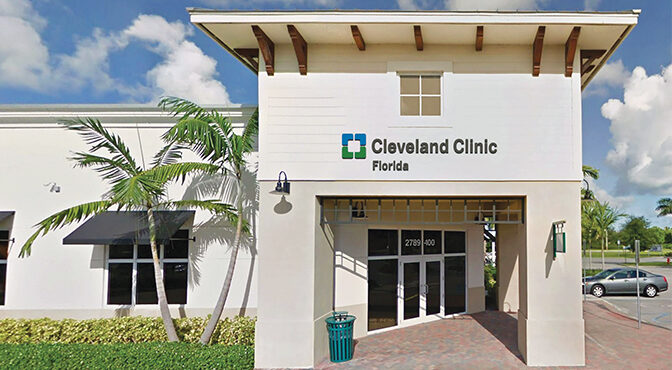Digestive health relies on a large, complex system of organs, including the liver, gallbladder, and pancreas, to turn the food we eat into the nutrients and energy our bodies need to survive.
“When any one element of this intricate system fails, it can have major health consequences,” explained Dr. Conrad H. Simpfendorfer, director of liver and pancreas surgery at Cleveland Clinic Florida.
These three organs are key accessories to digestive health. The liver, gallbladder and pancreas do not move food through our bodies, yet their role in digestion is vital.
The liver takes the raw materials absorbed by the intestine to make chemicals the body needs to function and detoxify potentially harmful chemicals that are ingested.
The gallbladder stores bile produced by the liver and then releases it through bile ducts into the small intestine to help process fats.
The pancreas secretes juices used to break down protein, fats and carbohydrates, as well as hormones to regulate blood sugar.
Some of the most common digestive disorders involve this organ trio.
More than four million Americans are diagnosed each year with liver disease, including cirrhosis and viral hepatitis. Another 20 million are affected by gallstones and other biliary diseases.
Meanwhile, pancreatic cancer, one of the deadliest cancers, will claim an estimated 47,000 lives in the United States this year.
“Because of their tremendous impact on overall health, liver, biliary and pancreatic diseases require immediate and expert medical care,” Simpfendorfer cautioned.
This is where the experts at Cleveland Clinic Florida come in.
The digestive health specialists at Cleveland Clinic Florida are highly skilled in treating a full range of common to complex liver, pancreatic and biliary diseases. This expertise recently earned Cleveland Clinic Florida the Center of Excellence designation from the National Pancreas Foundation for the care of patients with pancreatic cancer, a high standard of care met by only four centers statewide.
“We have a multidisciplinary team of specialists at Cleveland Clinic focused on treating the whole patient,” said Dr. Mayank Roy, a board-certified general surgeon specializing in liver and pancreas surgery. “Our tumor board, for example, brings together experts from a number of specialties to collaborate on treatment plans for patients with cancer designed to achieve the best outcomes.”
As a high-volume center for minimally invasive hepato-pancreato-biliary surgeries, the fellowship-trained surgeons at Cleveland Clinic Florida have tremendous experience in advanced surgical techniques.
“Today we can perform many challenging surgeries laparoscopically, using small incisions instead of traditional open surgery, which greatly benefits our patients,” explained Roy, who works closely with colleagues at Cleveland Clinic Martin Health and Cleveland Clinic Indian River Hospital to offer Treasure Coast patients access to this innovative care. “And we are one of the few centers in the state using robotic-assisted surgery to treat digestive diseases.”
Cleveland Clinic is a leader in fluorescence-guided surgery, using a fluorescent dye during procedures to better see anatomic structures.
“This advanced imaging technique allows surgeons to remove diseased tissue more precisely and preserve healthy tissue,” Simpfendorfer said. “It can dramatically reduce the risk of complications associated with minimally invasive gallbladder removal, one of the most common surgeries performed in the United States.”
Cleveland Clinic Florida has an office in Wellington at 2789 S. State Road 7. To schedule an appointment with a digestive health specialist at Cleveland Clinic Florida, including Dr. Mayank Roy, who sees patients in Palm Beach County, call (877) 463-2010 or visit www.clevelandclinicflorida.org/digestive.
